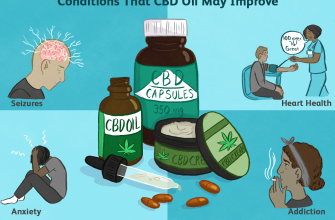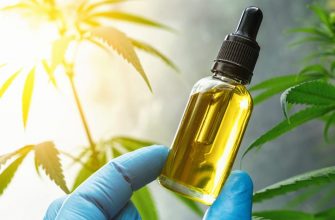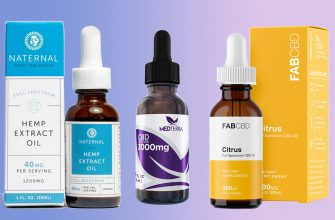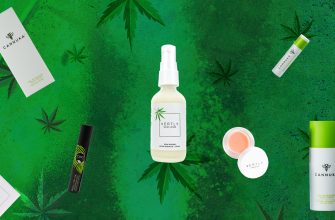After a ten-year standoff between researchers and the DEA (American Drug Enforcement Administration), the first-ever randomized controlled trial of the effectiveness of cannabis for the treatment of war veterans with PTSD was conducted, and completely legal: with cannabis provided by the US government, as well as with a research protocol, approved by the Food and Drug Administration.
PTSD among U.S. Army veterans has reached epidemic proportions before, since the start of the campaigns in Afghanistan and Iraq, with shockingly high rates of chemical addiction (alcohol, drug addiction) and suicide. Cannabis as a potential treatment for their condition appealed to even the normally conservative veterans of foreign wars, and the California Veterans Alliance took matters into their own hands, forming groups of volunteers to test medical marijuana.
However, according to the National PTSD Center, PTSD isn’t just limited to veterans. Statistics show that this condition is characteristic of about eight million Americans, and the vast majority of them, oddly enough, have never fought. Women suffer from this disorder even more often than men, due to the prevalence of sexual assault, which caused trauma and subsequent PTSD.
“This is certainly a good thing – all this has attracted attention, the treatment of cannabis veterans with PTSD over the past five years, it has taught us a lot about the use of marijuana in the treatment of post-traumatic stress conditions and stimulated more and more research, –
is talking Melanie Nakashianfounder of the organizationSurvivors for cannabis“,
– but there is also a huge part of the topic that is left out of the discussion. These are the problems of stigmatization of people who have experienced sexual violence and are treated with cannabis. For society, it turns out that they are not only “raped”, but also “planokurs”. Such people feel isolated and shamed.
Nakashian is a survivor of sexual assault and abuse herself, so she has created an online forum to discuss the idea of using cannabis in the treatment of PTSD, as well as an Instagram page where people of all ethnicities, genders, orientations and ages can share their stories and thoughts – about PTSD and marijuana.
“We are gathering to discuss our past traumatic experiences,” shared by one of the participants of the forum, Amna Hussein – and cannabis allows us to talk about it without hatred. The connection that develops between us in this community, the love and empathy that people feel for each other, makes our communication amazing. Cannabis can be a great addition to the therapy of survivors of abuse.”
Amna Hussain is a Washington D.C.-based activist who campaigns to make cannabis more accessible to people with PTSD and marginalized people. In an interview with Cannabis Survivors, Hussain writes that “the community of people who use cannabis” can be intimidating to non-binary people, queer people, Muslims, women, etc. Cannabis Survivors is a place that brings peace of mind and recognition to all people. Everyone can feel that this is a place where no one is abnormal and good as they are.
Such public discussions about the benefits of cannabis are especially important for people with PTSD who live in places where marijuana is illegal. Melanie Nakashian emphasizes that society has just begun to solve the problem of how to get the maximum benefit from marijuana, minimize the risks of its use, and most importantly, how to openly discuss such issues. It is important that discussions about the benefits of cannabis in the treatment of PTSD go beyond the Internet.
Why cannabis in PTSD is not just about “feeling better” and Why is it dangerous to live in places where marijuana is illegal?, in an interview with Melanie Nakashian.





